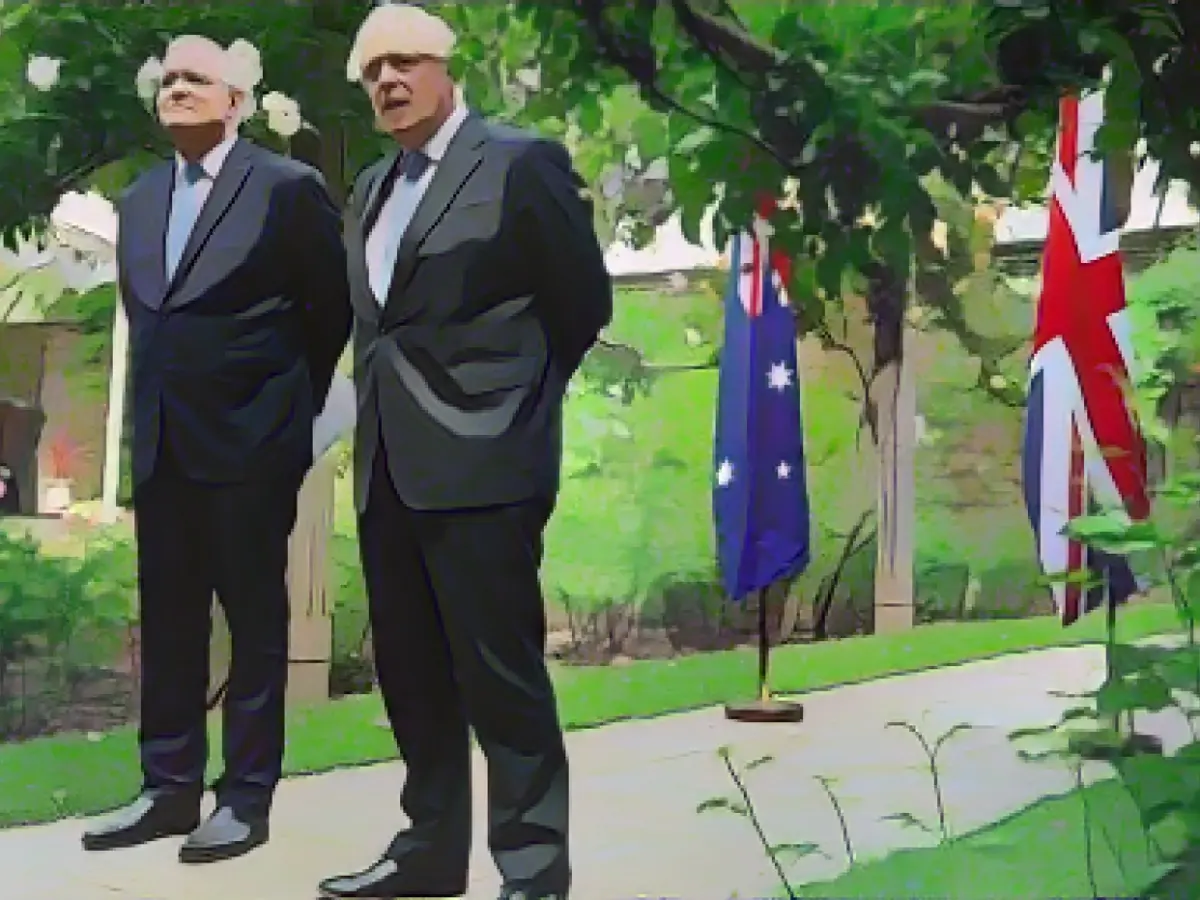Conflict over Climate in UK-Australia Trade Talks Raises Questions
Britain's government is under pressure after reports that it agreed to overlook key climate demands in negotiations with Australia, sparking concerns over the country's commitment to tackling global warming. Sky News reported that Britain's "deputy director" for trade allegedly agreed to forgo two climate demands, including a reference to the temperature targets of the Paris Agreement, fueling controversy.
Prime Minister Scott Morrison had maintained that the focus is on trade, not a climate agreement. In a statement, he said, "It's about trade. It's not a climate agreement. I deal with trade for a trade deal." However, the British Ministry of International Trade called the report "completely false," arguing that the agreement would uphold Paris Agreement commitments.
The UK on Green Trade Strategy
The British Chambers of Commerce (BCC) recommends a comprehensive green trade strategy to boost green exports and enhance integration between industrial, trade, subsidies, and export finance policies. The BCC suggests dedicating financial resources from UK Export Finance to boost exporters' access to markets for climate-friendly technologies and associated services.
The UK is also involved in plurilateral initiatives at the WTO, like the Trade and Environmental Sustainability Structured Discussions (TESSD), to lower tariff and non-tariff barriers to trade in green technologies. The country aims to upgrade existing free trade agreements and establish new negotiations to expand market access and investment opportunities, particularly in regions like Africa, South America, and the Asia-Pacific.
The Australian Government's Challenges
Australia faces various challenges in balancing national expenses, including the cost of AUKUS and national defense, building a care economy, increasing access to housing, and investing in the energy transition. The country is also grappling with the unpredictability of U.S. President Trump's approach to trade, potentially leading to tariffs that could impact Australian exports, risking strategic dithering.
Despite these challenges, Australia is enhancing critical minerals supply chains and addressing technology security, competition, and derisking through industrial policy and reducing its exposure to trade and investment risks.
Britain's Clean Energy Storage Goals
Britain aims to lead in clean energy storage, furthering its commitment to tackle climate change. The government has allocated £1 billion for battery storage projects to support the energy transition. The advanced energy storage systems would be capable of storing energy produced by renewable sources, thereby reducing reliance on fossil fuels and increasing energy security.
In conclusion, both the UK and Australian governments are actively engaged in addressing climate issues in trade negotiations while balancing economic security and addressing ongoing challenges. The controversy surrounding a potential compromise on climate demands in negotiations between the two countries raises questions about their commitment to tackling global warming and upholding Paris Agreement commitments.








